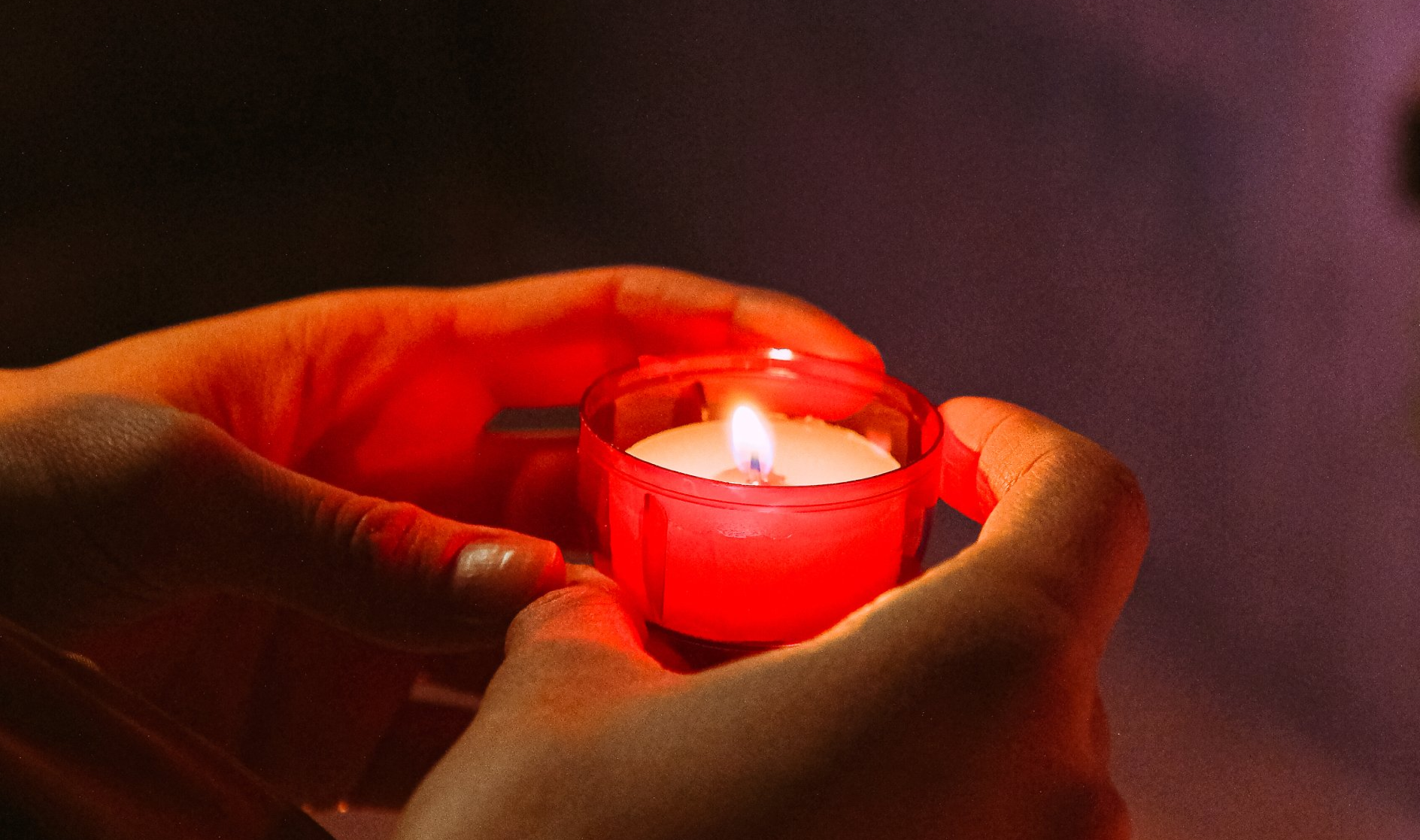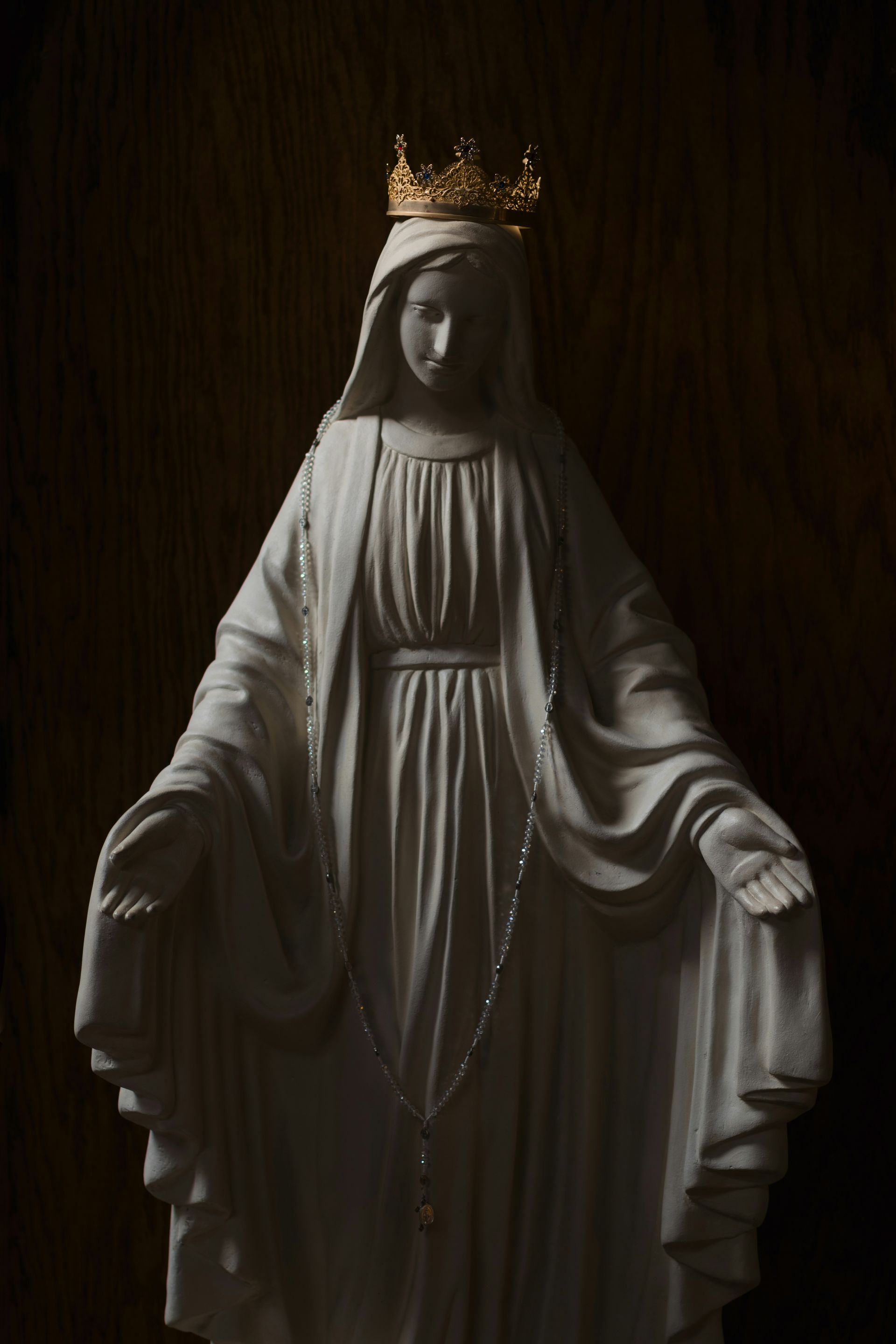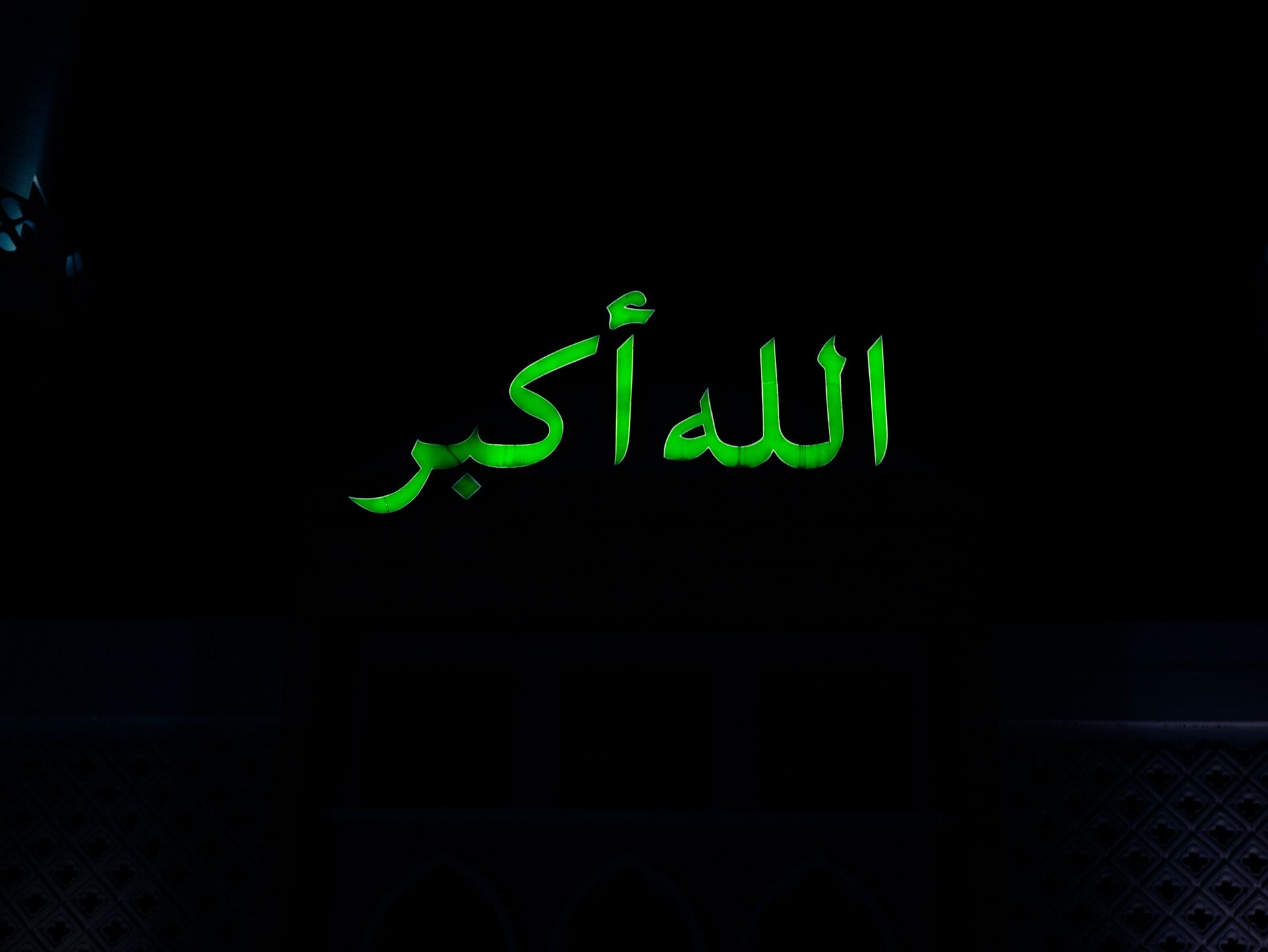Wednesday - January 4, 2023
SCRIPTURE
Exodus 3:1-5
Moses was keeping the flock of his father-in-law Jethro, the priest of Midian; he led his flock beyond the wilderness and came to Mount Horeb, the mountain of God. There the angel of the Lord appeared to him in a flame of fire out of a bush; he looked, and the bush was blazing, yet it was not consumed. Then Moses said, “I must turn aside and look at this great sight and see why the bush is not burned up.” When the Lord saw that he had turned aside to see, God called to him out of the bush, “Moses, Moses!” And he said, “Here I am.” Then he said, “Come no closer! Remove the sandals from your feet, for the place on which you are standing is holy ground.”
WORDS OF HOPE
Moses had the original “Burning Bush” moment and ever since when we are overtaken by a great realization we still refer to it as a “burning bush moment”. I suppose everyone has had them though they might not have been as dramatic as the one Moses had they can still be life-changing.
One of my most profound ones came when I entered the doors of Cathedral of Hope back in 1995.
I was raised in the Jewish faith though my family had a dual-faith tradition. My father was Jewish and my mother was Christian, but converted to Judaism when she married my father. This led to an interesting childhood especially around the Christmas/Hanukkah season. This lucky kid got Hanukkah gifts from my father’s side of the family and Christmas gifts from everyone else! We even had both a menorah and a Christmas tree, since my mother missed that tradition, and my father liked it.
Throughout Elementary school and High School I easily socialized and hung out with both Jews and Christians. That all changed when I went to college. My father had been a professor at Baylor Dental School in Dallas, and as his child I got an automatic admission to Baylor University and for a kid with only average grades and no money to speak of that was a no brainer. For a year I was the Jew at Baylor. I was “witnessed” at least once a week by the students at the Tidwell Bible School on campus and soon got my fill of their brand of ‘Christianity.’
I stopped attending synagogue around the time I came out, so for much of my adult life I was a man without a religion. I didn’t seem to fit anywhere, and it wasn’t until I attended Cathedral of Hope with my new partner that I had my “burning bush” moment.
This wasn’t the kind of Christianity I had become so disenchanted with, and these people seemed intent on following an outspoken Jewish rabbi who turned the status quo on its ear. I found I could follow the teachings of Jesus since they were many of the teachings I learned as a Jew. It made perfect sense to me and it still does.
PRAYER
God of burning bushes and mystical signs, may we find meaning in the little signs you give us every day. May our hearts be lifted and our eyes opened to your countless miracles that enrich our lives.
Amen.
DEVOTION AUTHOR
Hardy Haberman
Need More Inspiration? Read our Daily Devotions






